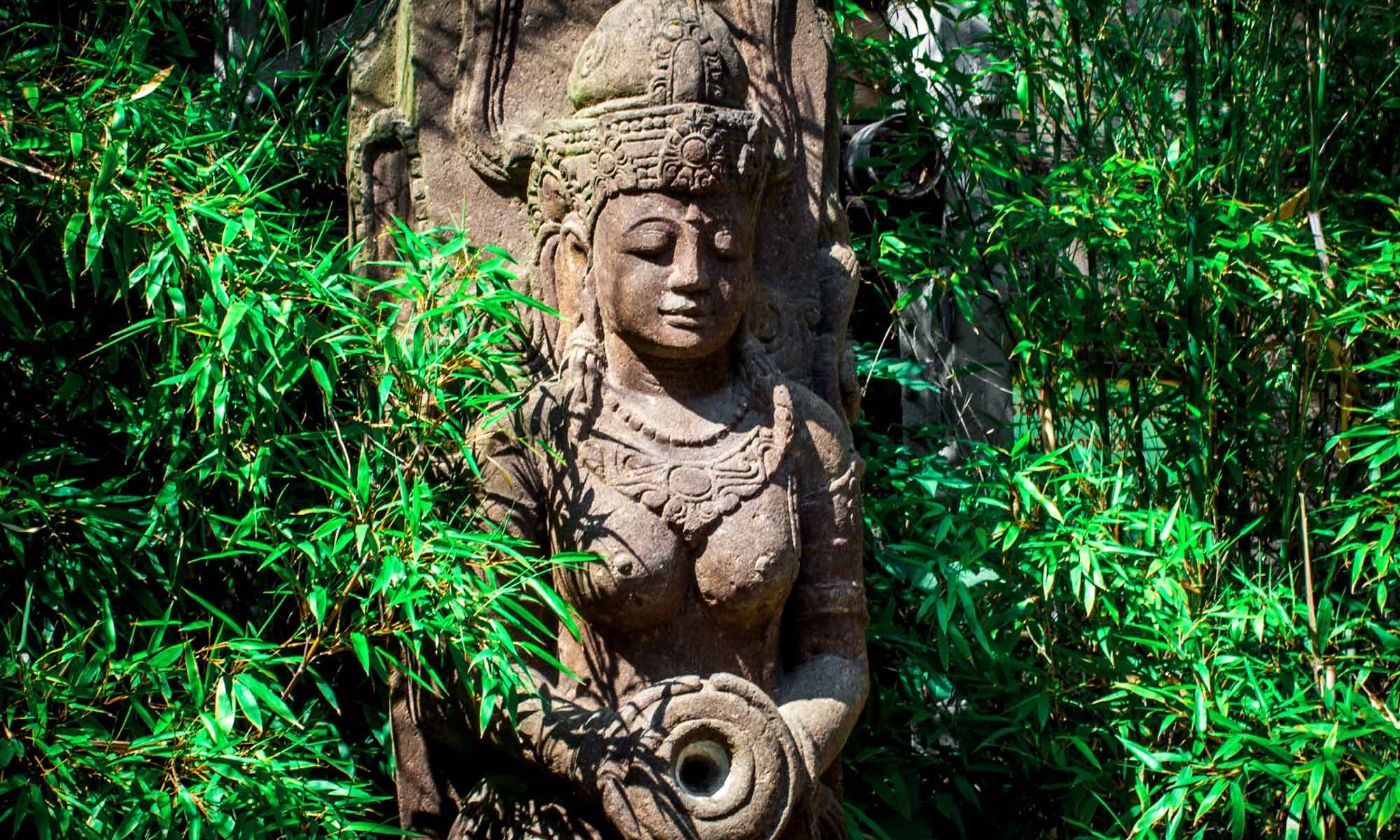
Mythology, Women and Society: Growing the Groundswell
March 25, 2017, Brinton House, Pendle Hill, Philadelphia PA
8:00-8:30 – REGISTRATION (Dining Hall & Brinton House)
8:30-9:30 KEYNOTE
The Matrixial Foundation of Maternal Cultural Meanings in Myth and Ritual
Dr. Peggy Reeves Sanday, Professor of Anthropology, University of Pennsylvania
9:45-11:15 SESSION 1: Motherhood in Patriarchy
Moderator: Marna Hauk
- Priscilla Hobbs-Penn, Finding Demeter: Re-Imagining the Myth of Motherhood for Millennials
- Carla Ionescu, The Myth of Athena/Medusa–Justice and War: The Duality of Women’s Roles in Patriarchal Politics [skype]
- Donna Giancola, Women, Land, and Eco-justice
9:45-11:15 SESSION 2: Biblical Heroines and Social Justice
Moderator: Joan Cichon
- Jessica Bowman, Riding the Spiral: Social Justice, Mystic Creativity, and Goddess Consciousness
- Caralie Focht, The Butch Goddess: A Queer Reading of Exodus 2-6
- Judith Wouk, Justice for Hidden Heroines – Delilah
- Hadassah Nechushta, Justice for Hidden Heroines – Queen Nechushta
11:15-12:45 PM Networking Lunch (Dining Hall)
1:00-2:30 SESSION 3: Writing Workshop
Among the Goddesses: A Writing Ritual for Justice and Healing
Annie Finch
1:00 – 2:30 SESSION 4: Matricultures and Social Justice
Moderator: Gayatri Devi
- Mary Louise Stone, Empowered Leadership from a Motherline of the Americas
- Gayatri Devi, Mothering as an Imaginary of Political Peace: Mothers of the #BlackLivesMatter Movement and the Democratic Process
- Laura Zegel, Black Mother Within: Retrieving Our Selves from Racism and Sexism Through the Black Madonna
2.45 – 4:15 SESSION 5: Goddess Wisdom Righting Wrongs: Three Transnational Stories
Moderator: Dawn Work-Makinne
- Dawn Work-Makinne, Sibyl of the Rhine: Hildegard von Bingen as a Northern Wisdomkeeper
- Monica Mody, The Borderlands Feminine: A Feminist, Decolonial Framework for Remythologizing the Goddess in South Asia/Transnational Culture
- Irene Wolfstone, Indigenous Matricultures in North America [skype]
2:45 – 4:15 SESSION 6: Embodiment and Mysticism: New Sisterhood in the Academy
Moderator: Gayatri Devi
- Annalisa Derr, Invoking Inanna: Female Bodily Wisdom of Cyclical Renewal as the New Societal Model
- Gina Belton, Soror Mystica Wears a Red Dress: The Alchemy of Midwifery and Decolonization in Our Last Wild Place
- Megan McFeeley, Alone Together: Social Activism From Inside
- April Heaslip, Reinitiating Psyche: The Academy as Sisterhood
4:30 – 5:45 PLENARY: From Groundswell to Eruption: Transformative Justice
- Cristina Biaggi, Volcano Goddesses
- Lucia Birnbaum, Future has an ancient heart. case: Blackbird and Pear Tree
6:00 – 7:30 DINNER BREAK
7:30 – 9:00 PM GODDESS IN ART AND SONG
- Lisa Levart, Art, Activism and the Goddess
- Anna Crusis Women’s Choir, Concert



 Our 2017 symposium sessions will take place in the historic
Our 2017 symposium sessions will take place in the historic 

You must be logged in to post a comment.